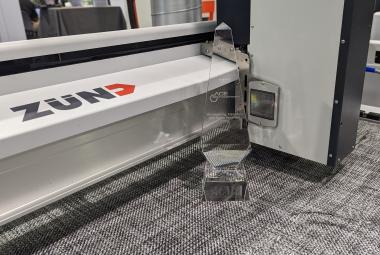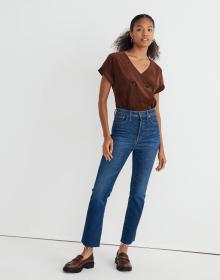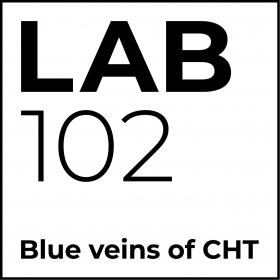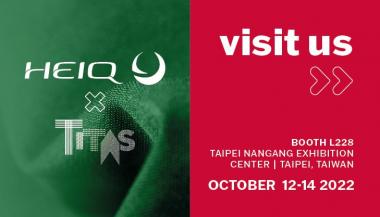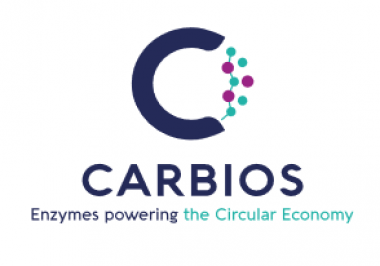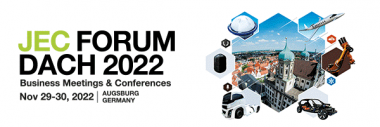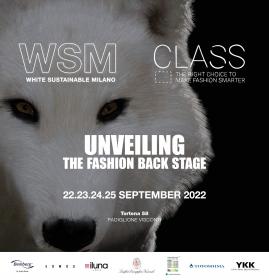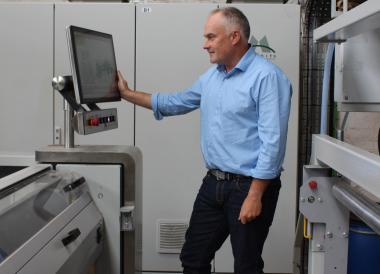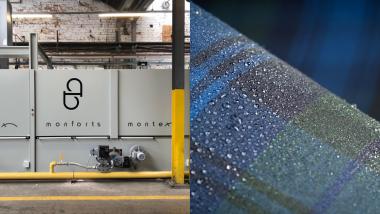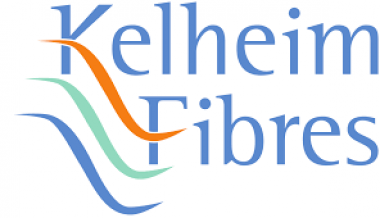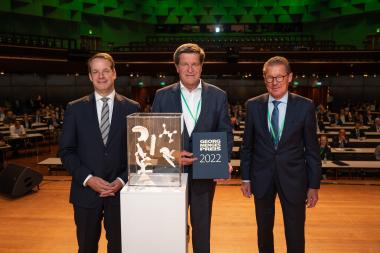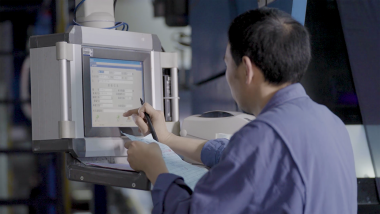BOGNER and the German Ski Association (DSV) Celebrate an Anniversary
BOGNER has been dressing the German national ski team since 1952. The enthusiasm for alpine skiing and the technical innovations in winter sports fashion unite BOGNER, the global pioneer for athluxury sports fashion, and the top athletes of the DSV. The long-standing partnership contributes to outstanding international success and many iconic sports moments that can be celebrated together.
In 2022, both partners celebrate milestone anniversaries: 90 years of BOGNER and 70 years of DSV.
The anniversaries will be marked with new innovations in the BOGNER-DSV collection: tthe innovative Schoeller® - Energear™ material consists of a titanium-mineral matrix that can return far-infrared rays to the body when used in textiles. The recovered energy is said to have a positive effect on the body and can accelerate muscle regeneration.
The styles of the BOGNER-DSV anniversary collection are in a color palette of Lemon, Rock, Off-White and Black, and consist of a double down jacket with rain jacket, thermal jacket, softshell jacket, light down vest, overalls, athlete pants, additionally reinforced technician pants as well as racing shorts, the iconic racing suit, and a rain cape. In addition, the collection is complemented by headwear and a team sweater
This year, BOGNER is dressing a total of 200 athletes, coaches and support staff from the alpine skiing sector. As in every collection, the racing suits of the DSV athletes will be tailor-made to guarantee the perfect fit and performance in the respective disciplines such as downhill, super G, giant slalom and slalom.
90 years of BOGNER and 70 years of DSV represent many iconic moments, common goals, teamwork and Olympic Games. The success story continues with the next joint highlight: the SKI World Championships in Meribel/Courchevel.
For winter sports fans and passionate skiers, a selection of outfits based on the DSV collection is available in BOGNER stores, on bogner.com and from selected wholesale partners.





